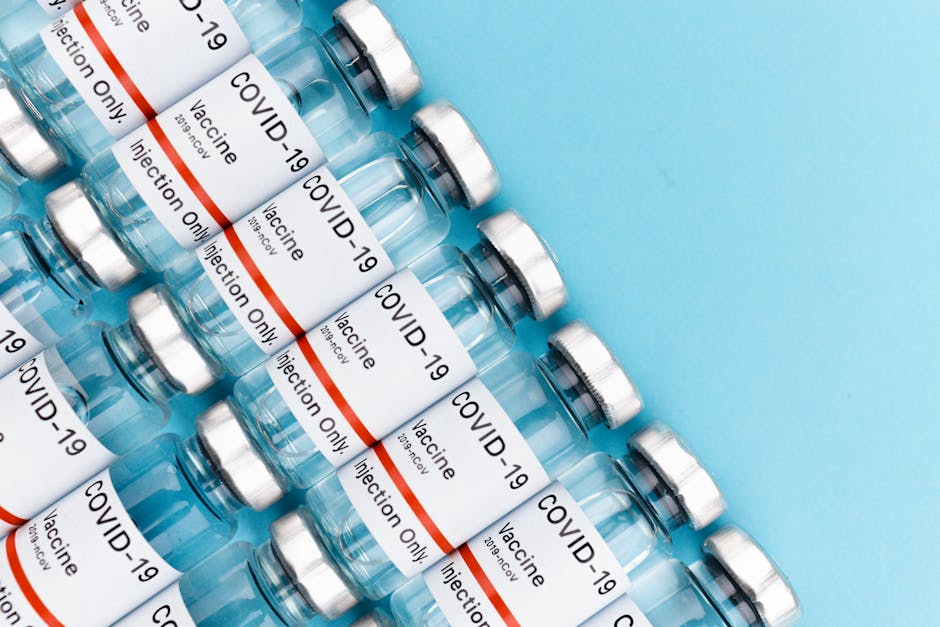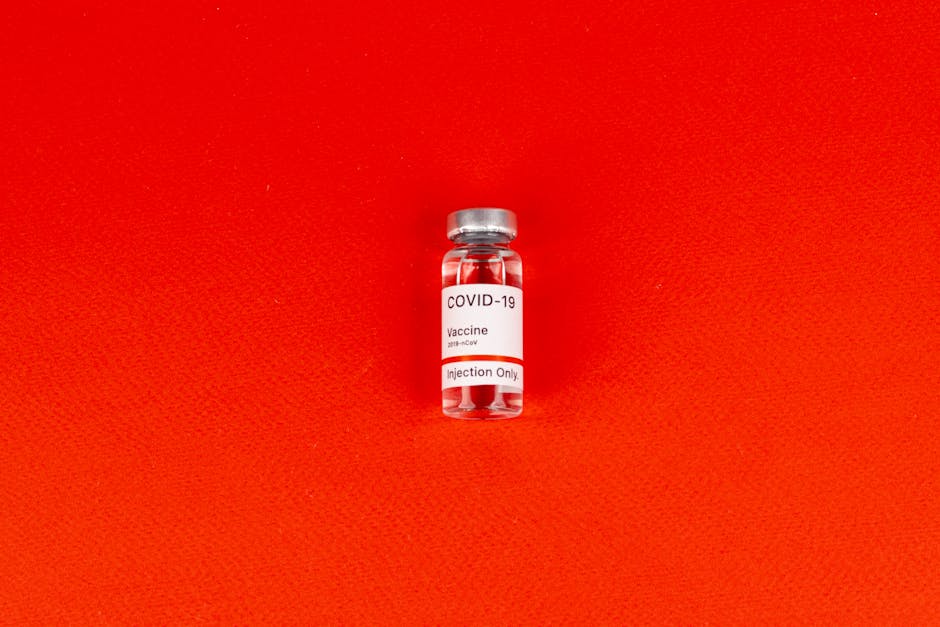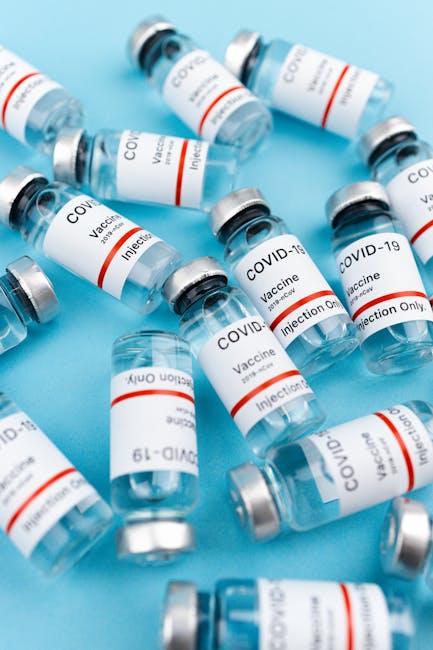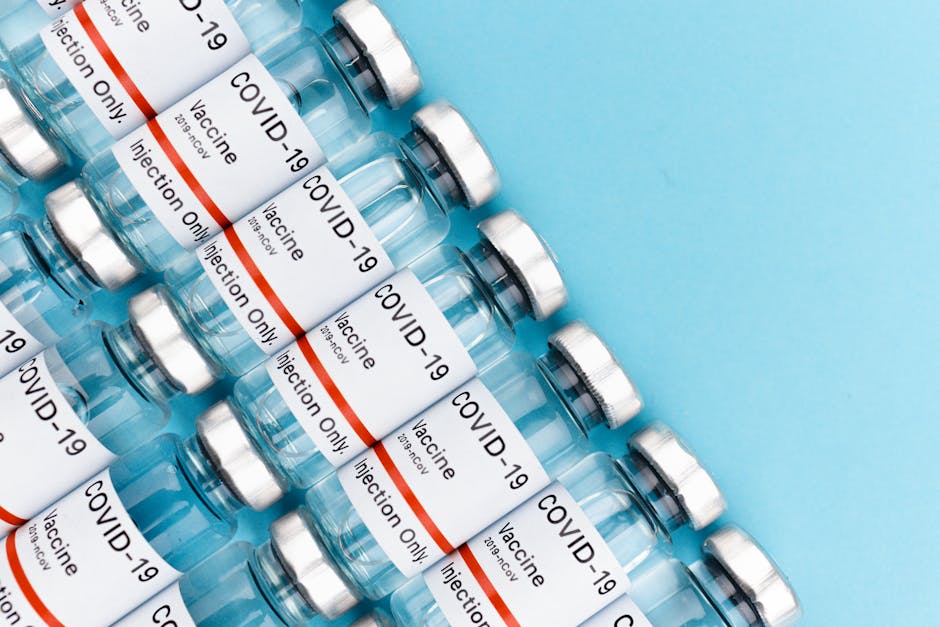FDA COVID-19 Vaccine News: Updates, Authorizations, and Safety Information
The FDA’s role in overseeing the development, authorization, and ongoing monitoring of COVID-19 vaccines has been crucial throughout the pandemic. This article provides a comprehensive overview of the latest FDA COVID-19 vaccine news, covering authorizations, safety updates, booster recommendations, and the agency’s ongoing commitment to public health.

Emergency Use Authorizations (EUAs) and Full Approvals
The FDA initially granted Emergency Use Authorizations (EUAs) for several COVID-19 vaccines, a process designed to expedite the availability of potentially life-saving medical products during public health emergencies. This allowed for rapid deployment of vaccines while rigorous monitoring and data collection continued. Subsequently, some vaccines received full approval, signifying a higher level of scrutiny and a more extensive review of long-term safety and efficacy data.
Timeline of Key FDA Actions:
- [Date]: FDA issues EUA for [Vaccine Name] vaccine.
- [Date]: FDA issues EUA for [Vaccine Name] vaccine.
- [Date]: FDA grants full approval to [Vaccine Name] vaccine.
- [Date]: FDA authorizes booster shots for [Vaccine Name] vaccine.
- [Date]: FDA authorizes [Vaccine Name] vaccine for [age group].
- [Date]: FDA updates recommendations for [Vaccine Name] vaccine.
It is crucial to note that the FDA’s decision-making process for both EUAs and full approvals involves a rigorous review of clinical trial data, manufacturing processes, and ongoing safety monitoring. This ensures the vaccines meet high standards of safety and efficacy before being made available to the public.
Ongoing Safety Monitoring and Adverse Event Reporting
The FDA maintains a robust system for monitoring the safety of COVID-19 vaccines after authorization. This includes:
- VAERS (Vaccine Adverse Event Reporting System): A passive surveillance system that allows healthcare providers and the public to report any adverse events following vaccination. It’s important to note that reports to VAERS do not necessarily indicate causality.
- Post-Market Surveillance Studies: The FDA conducts and oversees long-term studies to track vaccine safety and effectiveness over time.
- Data Analysis and Review: The FDA continually analyzes data from various sources to identify any potential safety signals and take appropriate action.
The FDA emphasizes transparency in its safety monitoring efforts. Data on adverse events reported to VAERS is publicly available, allowing researchers and the public to access and review this information. However, it is critical to understand that correlation does not equal causation. The FDA carefully evaluates reported events to determine any potential link to the vaccine.
Booster Shots and Vaccine Updates
As the virus evolves, the need for booster shots and updated vaccines arises. The FDA plays a crucial role in evaluating the safety and efficacy of updated vaccine formulations that target emerging variants. This involves reviewing clinical trial data demonstrating the updated vaccines’ ability to protect against these variants.

FDA’s Approach to Booster Shots and Updated Vaccines:
- Efficacy Against Variants: The FDA assesses the updated vaccines’ ability to elicit an immune response against currently circulating variants.
- Safety Profile: Rigorous safety evaluations are conducted to ensure the updated vaccines maintain a favorable safety profile.
- Authorization Process: Similar to the initial authorizations, the FDA follows a structured process for evaluating and authorizing booster shots and updated vaccines.
Staying informed about the FDA’s recommendations for booster shots and updated vaccines is vital for maintaining optimal protection against COVID-19.
Addressing Misinformation and Public Concerns
The FDA actively works to combat misinformation and address public concerns about COVID-19 vaccines. The agency provides clear and accurate information through its website, social media channels, and other communication platforms. This includes addressing common myths and misconceptions surrounding vaccine safety and efficacy.

Combating Misinformation:
- Transparency and Data Sharing: The FDA strives for transparency by making data and information about the vaccines readily available to the public.
- Scientific Communication: The agency communicates complex scientific information in a clear and accessible manner.
- Collaboration with Public Health Organizations: The FDA collaborates with public health organizations to disseminate accurate information and address public concerns.
It is crucial to rely on credible sources of information, such as the FDA website and the CDC, when seeking information about COVID-19 vaccines. Be wary of misinformation spread through social media and unreliable sources.
Conclusion
The FDA’s role in overseeing COVID-19 vaccines has been critical to protecting public health. The agency’s commitment to rigorous review, ongoing safety monitoring, and transparent communication ensures the vaccines meet high standards of safety and efficacy. Staying informed about the latest FDA COVID-19 vaccine news is crucial for individuals to make informed decisions about vaccination and protecting themselves and their communities.
For the most up-to-date information, always consult the official FDA website and other reputable sources.

